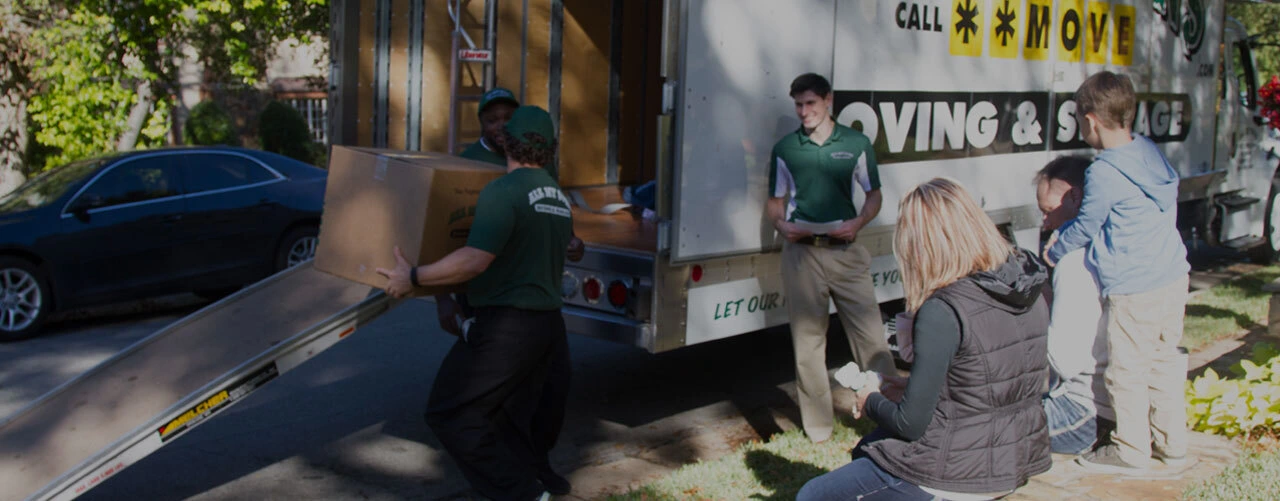After You Pay off Your Mortgage
Paying off your mortgage—seems like an unattainable feat, right? Well, it is totally possible and sometimes happens even before the 15 or 30 year allotted time. So what do you do once your mortgage is paid off? Celebrate! But seriously, here at the Memphis local movers, we want to help you figure out what financial moves come next. Your financial duties don't just stop, and you still have taxes and insurance fees to keep in mind.
First, you should receive a letter from your lender that states the satisfaction of mortgage following your last payment. This, plus a copy of your mortgage note, is the legal proof that you paid off your loan. Allow about 3 weeks for your lender to get this to you, and if there is still nothing then call and make a formal request for the documents.
File paperwork if the lender fails to send you proof. Sometimes, working with agencies to get the necessary paperwork can be a frustrating process. Luckily, you have an alternative. File a report with your county's deed office and expedite the process if you don't feel like continuing the waiting game.
Be aware of early payoffs. Before you decide to pay off your mortgage early, become aware of any early payoff clauses in your mortgage agreement. Different lenders have different rules for payoffs, and the last thing you want is to pay a fine for trying to pay it off sooner. Some lenders require that the last (early) payment be in the form of a cashier's check. Others might request a fee to prepare an official payoff statement. And others might request that you send your last payment to a different office. Either way, it is best to check the rules specific to your lender.
Make sure auto payments are cancelled. Even if the mortgage is paid, you want to make sure all the steps are taken to ensure your payments are complete. Contact your bank and discontinue any auto-payments that might still be set up as recurring. It's better to check on this beforehand than chase down a refund for an accidental additional auto-payment clearing.
Update insurance and taxes. If you had your escrow arrangement through the lender, you paid extra for them to maintain property taxes and homeowners insurance. This will now be your responsibility, so you need to contact your company and taxing entity to make sure bills are sent directly to you. Additionally, you should check and see if you have an escrow balance that needs to be paid.
As far as the extra cash flow, you should be saving it each month. The goal now is not to spend more money each month, but to continue living a financially responsible life.

